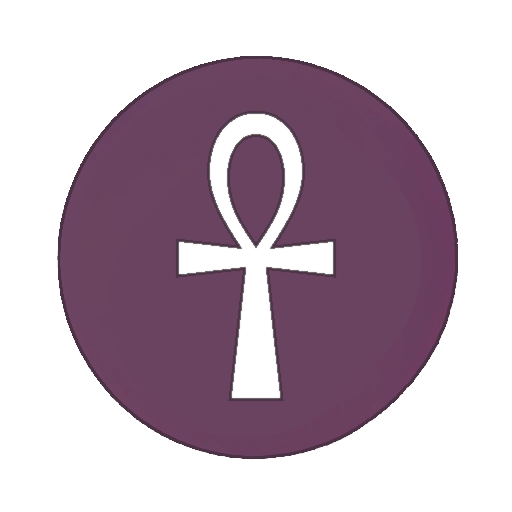Going old-school: I'm reading "How to Design Programs" by MIT Press, and using LISP variation
-
It actually uses a variation of LISP. I know old MIT college courses in Computer Science used to teach it.
The book, "How to Design Programs," is based on a variation of LISP, which I know used to be taught in college computer science courses.
I have zero programming experience, but I want to learn—not for a job, just to truly understand it.
A lot of modern advice says to start with Python because it’s easier or faster, but I’m not looking for shortcuts.
I want to go old-school. This book teaches programming with a 1990s-style approach. It may not use the latest tools, but I’ve heard it actually teaches how to think like a programmer and builds real logic skills.
Once I finish it, I plan to take the University of Helsinki’s Java MOOC. Again, sticking to fundamentals and learning the core ideas, not just trendy frameworks.
For context, I’m not naturally a math person either—I’m teaching myself beginning college algebra right now. That’s less about going old-school and more because I never had a college education, so I’m starting from scratch across the board.
So, does this sound like a solid strategy? My goal isn’t a career—just a deep, strong foundation to see if I can really do this.
What do you all think?
-
It actually uses a variation of LISP. I know old MIT college courses in Computer Science used to teach it.
The book, "How to Design Programs," is based on a variation of LISP, which I know used to be taught in college computer science courses.
I have zero programming experience, but I want to learn—not for a job, just to truly understand it.
A lot of modern advice says to start with Python because it’s easier or faster, but I’m not looking for shortcuts.
I want to go old-school. This book teaches programming with a 1990s-style approach. It may not use the latest tools, but I’ve heard it actually teaches how to think like a programmer and builds real logic skills.
Once I finish it, I plan to take the University of Helsinki’s Java MOOC. Again, sticking to fundamentals and learning the core ideas, not just trendy frameworks.
For context, I’m not naturally a math person either—I’m teaching myself beginning college algebra right now. That’s less about going old-school and more because I never had a college education, so I’m starting from scratch across the board.
So, does this sound like a solid strategy? My goal isn’t a career—just a deep, strong foundation to see if I can really do this.
What do you all think?
I don't remember being that impressed with HTDP but it's been a while and I didn't look much. I'd say read SICP first in either case.
The Java thing sounds totally uninteresting and if your next language after Lisp isn't a a mainstream one, I'd say try Haskell.
Regarding math: it can help but it's not that important for pure programming. If you're good at languages and writing, that's helpful in the same way. If you're good at music, that is at least a helpful mindset.
-
I don't remember being that impressed with HTDP but it's been a while and I didn't look much. I'd say read SICP first in either case.
The Java thing sounds totally uninteresting and if your next language after Lisp isn't a a mainstream one, I'd say try Haskell.
Regarding math: it can help but it's not that important for pure programming. If you're good at languages and writing, that's helpful in the same way. If you're good at music, that is at least a helpful mindset.
I don’t remember being that impressed with HTDP but it’s been a while and I didn’t look much. I’d say read SICP first in either case.
I actually read that HTDP was written to be read before SICP, because they thought that for a beginner, some of the core fundamentals in SICP may be missed.
-
System shared this topic


